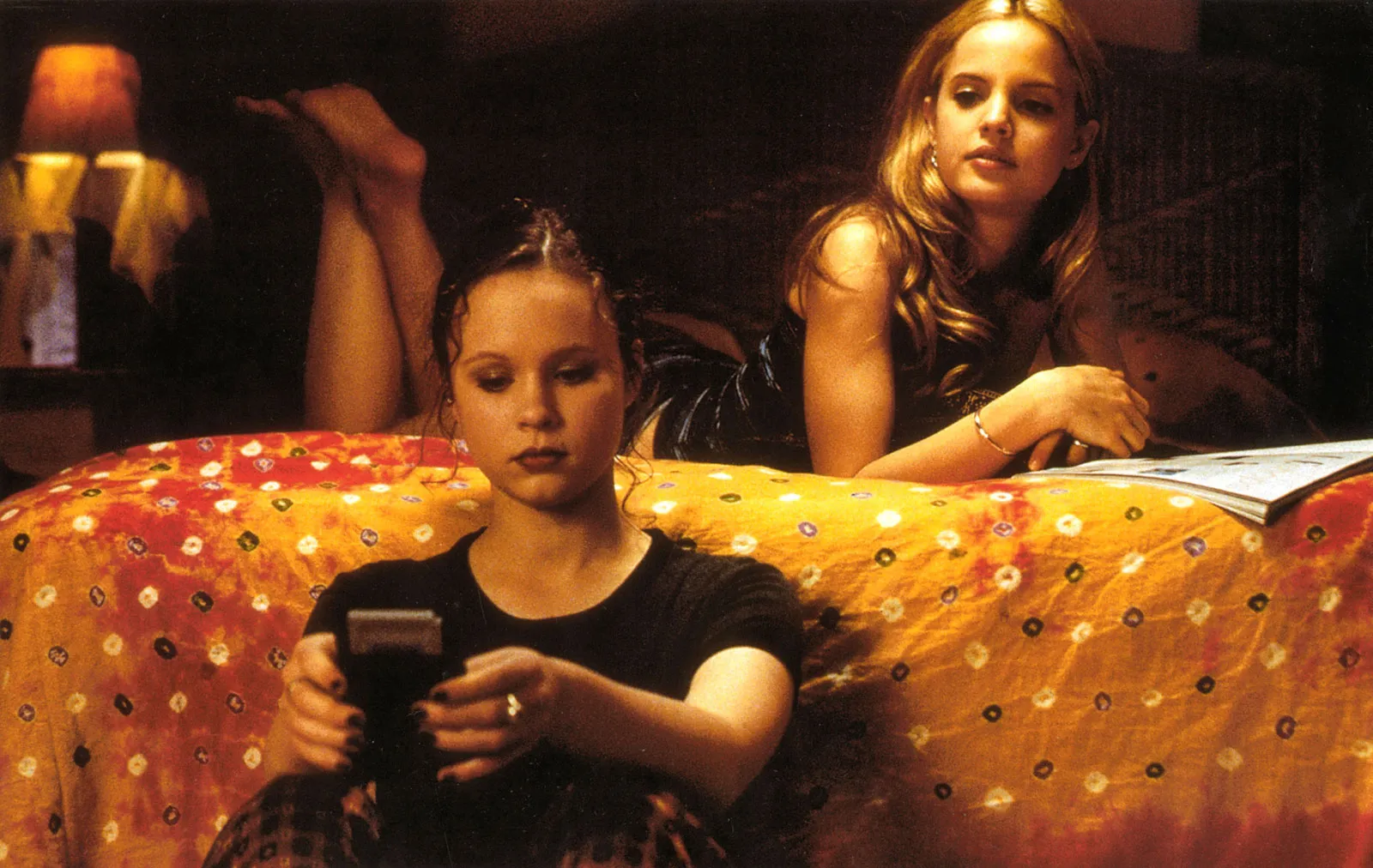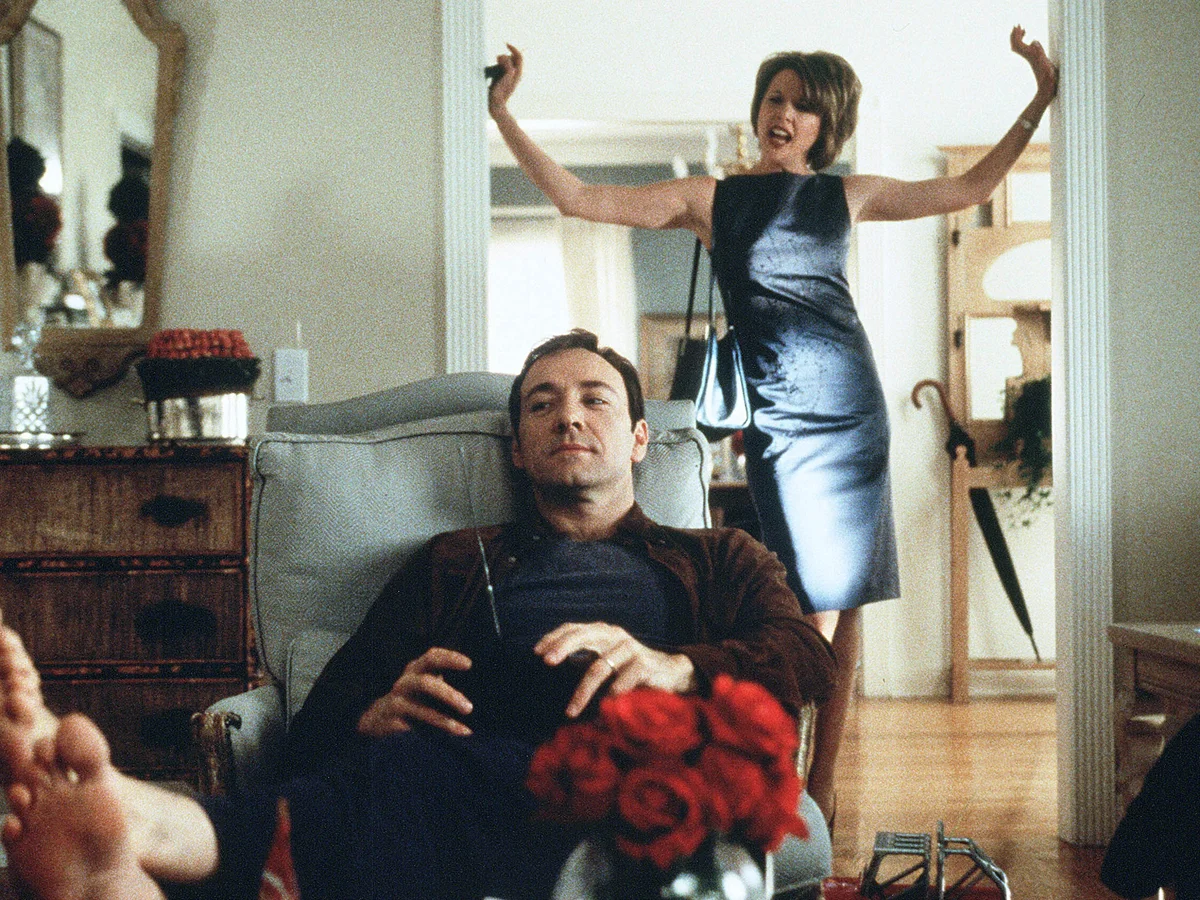Is life a comedy or a tragedy? Artists from all over the world try to find the right answers to this age-old question. Kafka sees life as endless suffering, whereas Charlie Chaplin sees life as harsh and tries to create a good laugh about it. The question perhaps starts from the ‘fall of man,’ where Adam and Eve were banished from the Garden of Eden and exiled to Earth. Due to this, human life is perhaps inherently a tragic one—a life filled with suffering and sorrow. In season 1 of “True Detective,” the character Rust Cohle identifies it as the ‘tragic misstep in evolution.’ According to him, “We are creatures that should not exist, by natural law.”
But there may be something beautiful about this existence—an existence where we are able to be happy, but in absurd terms, just like Sisyphus in Greek mythology, who was eternally damned to roll a big boulder up to the top of a mountain, only for it to roll back down, repeating the task over and over again. The boulder is a symbol of human suffering, which Sisyphus has to carry eternally. Despite this harrowing task, Albert Camus argues through his Absurdist philosophy that Sisyphus is indeed happy. He suggests that embracing the absurd and finding meaning in the struggle itself can lead to a state of acceptance and even a form of happiness. It is a form of rebellion that entitles us to find true happiness in our lives.
Sam Mendes’ 1999 directorial debut “American Beauty” follows this absurdist philosophy to find the inherent beauty of the world that is often overlooked by materialistic aspirations at the turn of the century. The story revolves around Lester Burnham (Kevin Spacey), a veteran ad executive who is unhappy with his life. He hates his job, his wife, his daughter, and perhaps himself for being an average Joe. He masturbates in the shower and, according to him, it is the only high point in his entire day.
On the other hand, his wife, Carolyn (Annette Bening), and daughter, Jane (Thora Birch), are no better off. Carolyn is a failing real estate agent, and Jane is an insecure teenager concerned about her looks and sexual appeal. Their fate changes one day when Lester sees Jane’s best friend Angela (Mena Suvari) cheerleading at an event and becomes sexually attracted to her. The following story takes on a chaotic turn, leading to a climactic crescendo that is shocking, bizarre, yet beautiful.
That is perhaps the main idea of the movie. As the title suggests, it is about the beauty that lies beneath the surface. Mendes, along with screenwriter Alan Ball, tries to find this through the life and events surrounding Lester Burnham. He is the perfect existential hero, and through him, we can understand the beauty of life better. To understand this, I would like to quote Camus again from his novel “The Fall”: “The true horror of existence is not the fear of death, but the fear of life. It is the fear of waking up each day to face the same struggles, the same disappointments, the same pain. It is the fear that nothing will ever change, that you are trapped in a cycle of suffering that you cannot escape.”

Lester is portrayed as an average everyman, caught in the mundane existence of life. He is not afraid of death. At the beginning, he reveals that he is going to die in less than a year. It is life that makes his existence sufferable. He is like a prisoner in his own life. Cinematographer Conrad Hall visualizes this trapped situation in many instances, often framing Lester confined behind bars or within frames. For instance, his shower stall is reminiscent of a jail cell, or he is reflected behind the vertical columns of numbers on a computer monitor.
But the moment he sees Angela, his confinement shatters. Visually, the frame becomes empty, with Lester alone in a wide shot under a spotlight. It is the moment he finds a purpose in his mundane existence. In the subsequent events, we see Lester grooming himself. He works out, smokes pot, and even quits his job. This is an act of rebellion. He rejects his previous life and tries to take control of it. To understand the character of Lester better, let’s talk about two important characters in the film—his wife, Carolyn, and his neighbour, Col. Frank Fitts (Chris Cooper).
Carolyn is a failing real estate agent. She projects a domineering attitude toward her husband and daughter, but inside, she is hollow. She is just as insecure as Lester, though she tries to mask her vulnerability under the facade of a strong woman. Similarly, Col. Frank Fitts acts as a strong man who dictates every aspect of his family. But this too is a mask for his inner insecurities and anguish, which are revealed in the climax.
In contrast to Lester, these two characters remain trapped in their own existence and take no necessary action. Carolyn continues in her cycle of ambition and insecurity. While she recognizes her apathy, she chooses to project a false positive image of herself. Fitts’s violent and abusive behaviour is an outward manifestation of his internal struggles and lack of self-acceptance. Thus, he remains trapped in his own cycle of repression and violence, creating a situation of no return.
Lester’s journey, however, involves a change in mindset, starting with the recognition of his own unhappiness and need for change. Although it comes for all the wrong reasons, it allows him to see the world in a different light—a perspective Carolyn and Fitts cannot access. While his primary goal behind this transformation is to seduce Angela, the process gives him room to view the world outside the norms of conformity. As a result, he takes a job at a fast-food joint, smokes pot, and listens to rock music.
In a hilarious scene between Lester and Carolyn, while Lester tries to recall their past lives as a happy couple and tries to kiss her on the couch, Carolyn stops him, worried he might spill beer on the sofa. This moment showcases the major difference between the two characters. While Lester begins to see life beyond the imprisonment of American consumer mentality, Carolyn embraces it more as a shield to hide behind. But Lester’s rebellion eventually ends, and his tragic downfall returns us to reality, again, drab and uninteresting. But this time, something changes. He is no longer bitter. He reconciles with his reality and profoundly appreciates his existence.
American Beauty (1999) is about finding beauty in the least beautiful circumstances. Director Sam Mendes and writer Alan Ball attempt to do this through Lester Burnham. While Lester is perhaps the most problematic character in the entire movie, he is also the most redeemable. Throughout the film, he acts as a vessel for everyone’s anger, frustration, and insecurities. While he is not naive and does lust after a teenager, in the end, he accepts his flaws—something the others are unable to do.

Because of this, every other major character in the film loathes Lester’s absurd way of life. Often, they consider or joke about killing him (even the film starts with Jane talking about killing her dad) or take out their frustrations on him through various means. Yet, Lester takes a stance, becoming insulated from these jibes and inadvertently shows others a mirror, helping them see perhaps the best version of themselves. Though not intended consciously, this leaves a lasting impact. While the ending is left open to interpretation, it’s hard to deny Lester’s influence on those around him.
Instead of reconciling the conflict between what Lester wants and what life offers, he accepts the absurdity of his existence in the end. Another major character, Ricky (Wes Bentley), epitomizes this kind of existence. He is awkward, socially isolated, and often insulted by his father and classmates. Despite this, he finds beauty in the mundane and macabre. He has a strange habit of videotaping everything, which I interpret as a coping mechanism and a meditation that helps him see the world differently.
In one scene, he showcases a video where a plastic bag dances with the wind. A mundane and uninteresting event, yet he describes it poetically: “It’s like God is looking right at you, just for a second, and if you’re careful… You can look right back at it to see the beauty.” In my reading, Ricky is the true absurdist hero. He even plays a key role in Lester’s transformation. After Lester shares a joint with him, his spirit is released, and he begins to rebel. But the filmmakers needed Lester to take centre stage as a relatable everyman filled with existential dread. Thus, in the end, it is through him that we must accept absurdity. This is a fitting decision that enables us to better feel the intricacies of the movie.
Though it has its problematic aspects, “American Beauty” can be seen as a good example of how the absurdity of life is portrayed beautifully. The satirization of American life is so profound that it sets the perfect backdrop to explore these themes. It starts with the white picket fences and red roses, instantly reminding one of the mysterious iconography of small-town Americana in “Blue Velvet.” But where “Blue Velvet” showcases the dark underbelly of that society, “American Beauty” invites us to get the joy out of the beauty of it.
I started this article with a question: “Is life a tragedy or a comedy?” In the end, I believe it doesn’t matter. Lester tries to answer this question, and only when he sees life as a mythical quest rather than a rational pursuit does he find its true beauty. It is inherently there, but you have to find it.





![Extinct [2021] Netflix review : Doughnut-shaped animals’ fight for survival is too uneven to register its case](https://79468c92.delivery.rocketcdn.me/wp-content/uploads/2021/11/Extinct-2021-Netflix-768x432.jpg)
